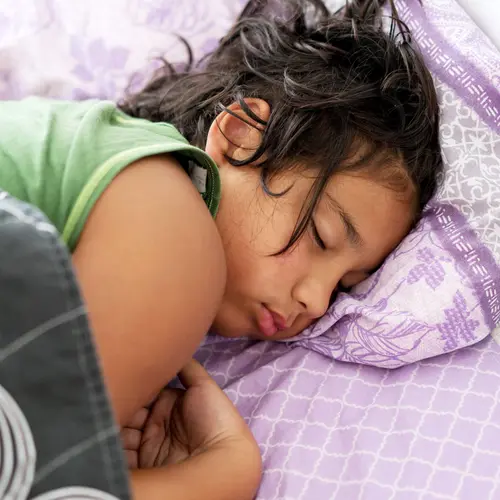Getting ready to tackle potty training in your household? You’ve probably read reams of information on the topic -- but you may not have come across these seven little-known facts.
Scientists have done little research on potty training.
Despite all the articles on toilet training in the popular media, very few scientific studies have addressed the issue of how best to potty train a child. “Most of what parents read in the lay literature -- whether it’s about the right age to potty train or the right approach to use -- isn’t backed up by scientific evidence,” notes Timothy Schum, MD, an associate professor of pediatrics at the Medical College of Wisconsin.
The age for potty training is rising.
In the 1940s, the average age for potty training was 18 months. Averages today, according to a 2001 study by Schum, show baby boys in the United States give up diapers at 39 months and girls at 35 months.
And that may be a good thing.
Some experts have attributed the rising age of potty training to permissive parenting (and overzealous marketing by diaper companies). But it could show that “we’re learning that pressuring children to achieve potty training isn’t constructive,” says Andrea McCoy, MD, an associate professor of pediatrics at Temple University. “Two-year-olds are working to express their autonomy. Engaging in power struggles with them is frustrating and fruitless.”
Your child isn’t ready for potty training until they are emotionally ready ...
Just because your toddler can stay dry during a nap doesn’t mean they are ready to use the potty consistently. Your child also has to want to use the potty. Signs of that readiness include being able to follow simple instructions (“Don’t forget to pull your pants down!”), wanting dirty diapers to be changed, and being interested in “big kid underwear.”
… and they are not ready for potty training until they are physically ready.
Babies don’t have the “ability to hold urine and stool until they’re at least 12 to 18 months old,” McCoy says. So while they may learn to associate the toilet with elimination, they’re not actually being toilet trained.
Children who toilet train early don’t become neatniks.
Dozens of studies have shown that, contrary to popular belief, the age of potty training won’t turn someone into a compulsive cleaner, a slob, or any other type of personality.
Bed wetting is common, even in older children.
Kids have accidents at night long past the time they achieve daytime dryness. Indeed, 22% of all children are still wetting the bed at night at age 3, and 10% are still wetting the bed by age 7. “Children can’t stay dry at night until they start producing a hormone that signals their body to stop making urine at night,” McCoy says. “That doesn’t happen until it happens.”
Potty training your child is a very personal choice of when to start and when your child is emotionally and physically ready and able to approach and attempt this task!


